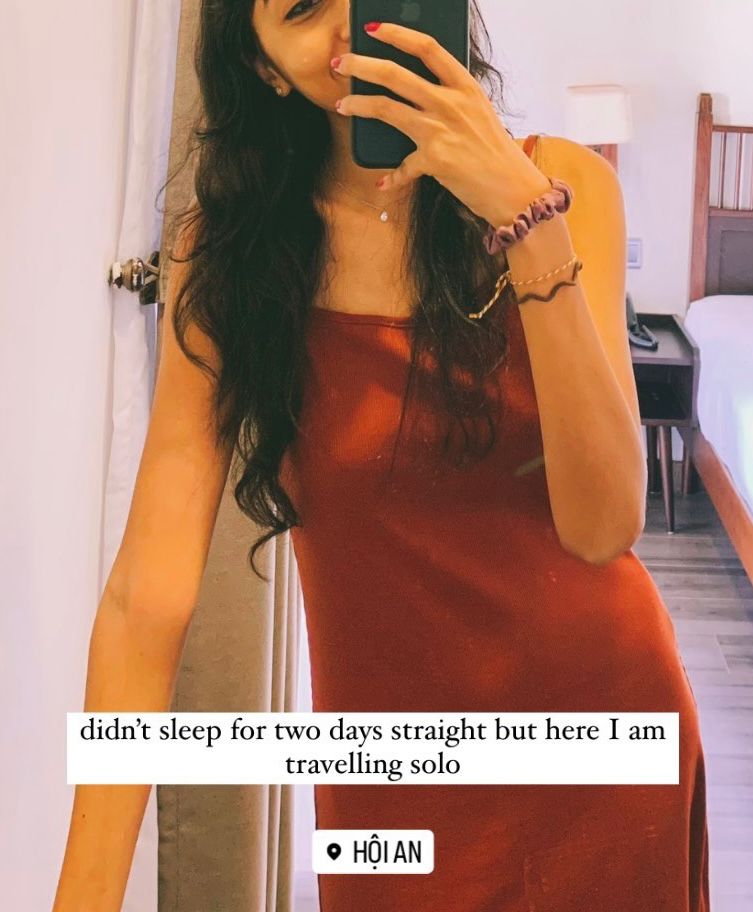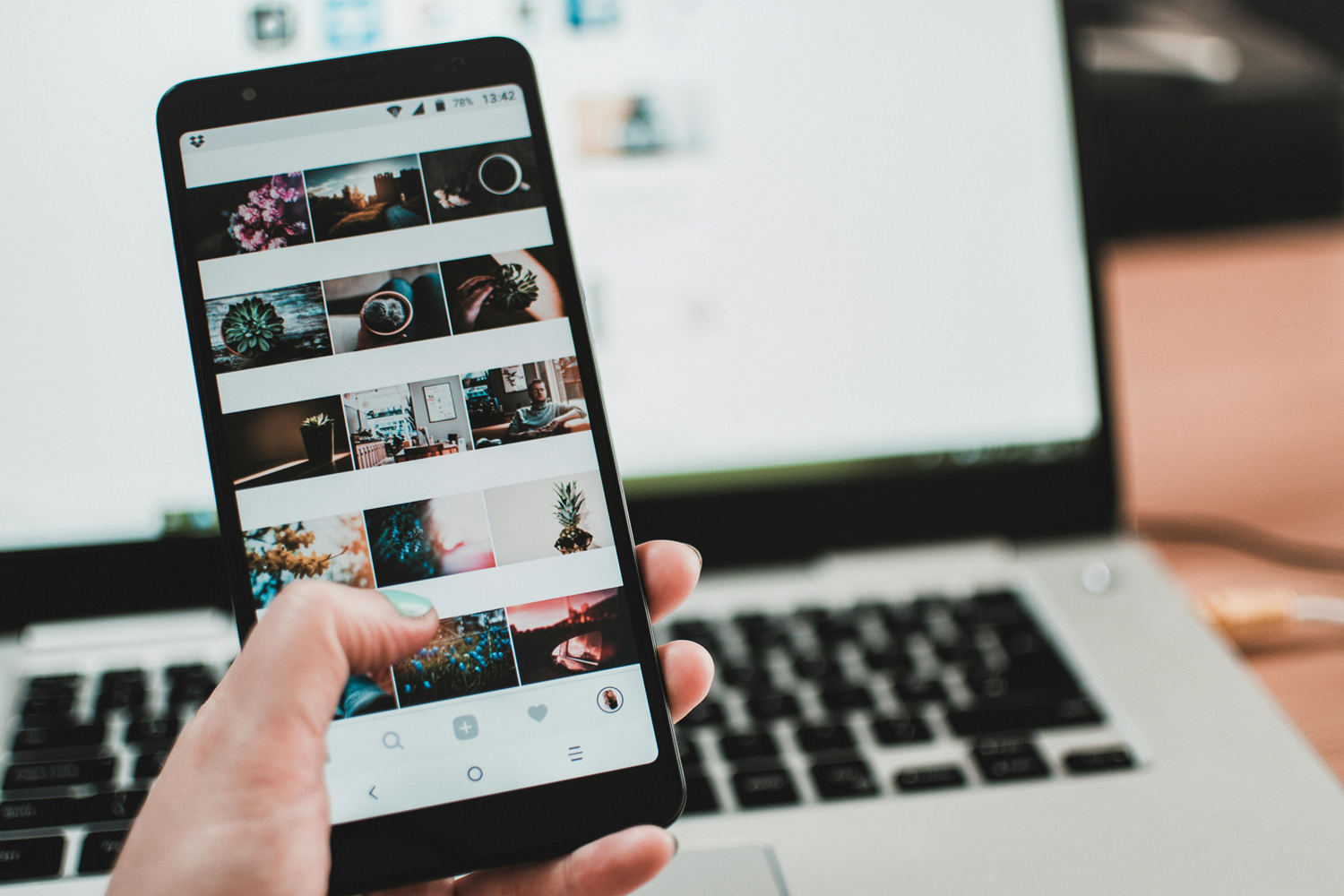My point of view on authenticity in social media
Recently, as I was scrolling through my Instagram, all I saw were social media creators (aka influencers) flaunting their luxury summer kits received as PR packages from designer brands like Prada and Miu Miu. At first, I was fascinated. Down the digital rabbit hole (thanks to gift of infinite scrolling), I found profile after profile featuring influencers unboxing luxury accessories and cosmetics while donning outfits from high-end fashion houses.
As I navigated through the labyrinth of meticulously-curated, aesthetic profiles with well-edited reels and sponsored posts promoting products, a question struck me – is this really how people live, or is it just a perfectly polished online illusion?
The FOMO trap on social media
Most of these unboxing videos obviously show creators gushing with excitement and surprise over their PR packages, but I often wonder – “Are these reactions genuine, or are they part of a highly curated act?”
As someone who has previously been on digital detox, exhausted by the perpetuated perfection on social media, this isn’t the first time I have questioned the sincerity of online content. These thoughts have often stemmed from feelings of FOMO (Why am I not vacationing in French Polynesia?) and dissatisfaction with my own progress (Why don’t I own a Dior bag yet?). And I doubt if I’m alone in feeling this way.
Is it all just for show?
Forget the content creators, I am equally guilty of sharing online only the glamorous moments of my life. I like traveling (especially solo traveling) and when I am on the road, I often spam my account with photos of places I visit and things I do. Having shared snippets of my few solo trips to date, I have received messages from people telling me how they wish they could have my travel lifestyle. Little did they know that travelling for me was a way to find respite from some personal or professional ordeal.
Initially, I used to take these messages as validation, even as a source of ‘feel-good’ dopamine boost, knowing that others wanted to experience the same things. But behind those photos were also stories of my anxiety, stress, and sleep-deprivation. If you look at my feed, you will see me all smiles and full of glee in different destinations. The reality, however, was far from what those highlights and photos portrayed.
The illusion of happiness
I remember my first international solo trip to Vietnam, a weekend in Hoi An. In the week leading up to it, I was pulling all-nighters at work and had multiple breakdowns. I think perhaps that week, over four working days, I had slept for a total of 16 hours. And guess what? The first thing I posted after arriving at my hotel was a cheerful mirror selfie with the caption: “didn’t sleep for two days straight but here I am travelling solo”.

Over the next three days, I posted a stream of Instagram stories of myself enjoying lantern making, historical tours and local food. While I was happy to be there, in equal parts, I was exhausted and wanted to make up for all the sleep and meals I had skipped during that week.
Other photos on my feed similarly mask my stress and other health issues. So, it is easy to see why, to others, my life seemed like a ‘la-la-land’ – better and happier than it truly was.
Online vs offline persona
And I am not the only one. A Quartz article also touches on the same matter, discussing how curated happiness on social media often masks real pain.
The problem of inauthenticity is not limited to bit-sized content apps like Instagram or TikTok (which, for better or for worse, I have not joined yet). Professional networking platforms like LinkedIn are also falling into the same trap. Every other day, I come across posts from so-called ‘Top Voices’ or thought leaders trying to create analogies between success in business or, for that matter, in B2B sales and unrelated events like proposals, marriage et al. (Don’t believe me? See for yourself)
Reality or ‘manufactured’ authenticity?
The desire for genuine, sincere content is not new. Many articles talk about how ‘keeping it real’ is the name of the game for current and next generation of content creators to succeed online. This growing demand for authenticity stems as a response to oversaturation of ‘picture perfect’ digital presence.
However, I fear that even ‘keeping it real’ is morphing into a short-lived trend, with a sea of content that feels more like ‘manufactured’ authenticity.
I get it. Sharing the not-so-perfect parts of our lives can be scary, mostly because we worry what others think of us. Even for me, while topics like mental health, gender equity, animal welfare are close to my heart, I often hesitate to post openly about them on digital platforms for the fear of being judged by my ‘followers’ or friends. Perhaps, losing authenticity with well-curated photo grids is a trade-off for the ephemeral yet tangible joys of gaining followers and raking in likes.
So, what does authenticity mean to me?
I am no expert in the realm of social media and cannot define what ‘authentic’ would translate to in the online world, for different people may have their own versions of authenticity. However, I believe that balancing the portrayal of our ‘best selves’ with who we truly are in the offline world could definitely help reduce the damaging impact social media has on people’s mental and physical health.
The FOMO that I mentioned earlier is a widespread issue among social media users. We constantly see the best parts of others’ lives and feel dissatisfied with our own day-to-day, which can trigger insecurity and self-esteem issues. In a world that puts too much emphasis on physical appearance, filters and photo editing have become easy devices for creating unrealistic beauty standards, leading to unhealthy body image concerns for both men and women.
For me, the ‘real-ness’ on social media would be when the portrayal of our lives is not ALWAYS ‘on point’ or ‘on brand’. I am slowly starting to see some changes in this area, with a few content creators that have begun sharing not just their highs but also some of their lows.
In the end, maybe authenticity on social media is a balancing act between curated content and genuine moments. But one thing is clear – we all crave real connections in a world of filters and facades. And I hope that in the near future, we will see less manufactured authenticity and more genuine glimpses of real life.
Have you ever felt the pressure to portray a ‘perfect’ life online? Share your thoughts in the comments
